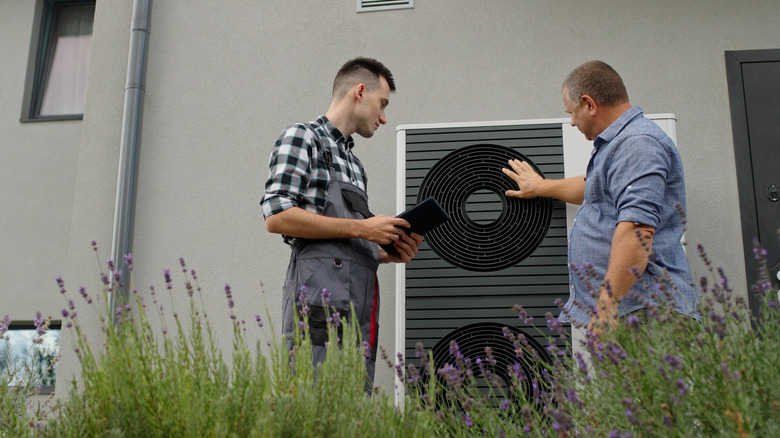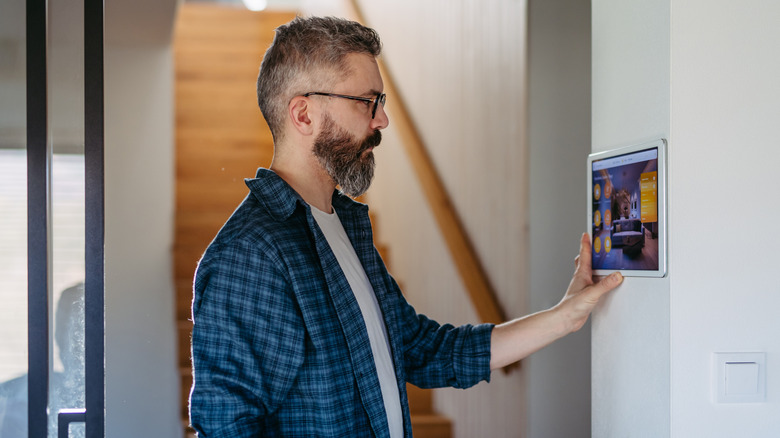The Benefit Of Installing A Heat Pump And What It Means For Your Air Conditioning
If you've been thinking about replacing your old air conditioning unit, or you're stressing out about how expensive it's getting to keep your home comfortable, it might be time to consider a heat pump. Don't let the name throw you off. A heat pump doesn't actually create any heat at all. Instead, it simply moves air around, sending warmth from inside your home outdoors during the summer and drawing heat in from outside during the winter. Because it's transferring heat instead of producing it the way a furnace or boiler does, a heat pump can operate extremely efficiently. This typically translates into noticeably lower energy bills. The system still uses coolant, just like a standard air conditioning unit. But if you're replacing older equipment, investing in a heat pump for the steady indoor temperatures, quieter operation, and reduced environmental impact can be worthwhile.
Available in ducted and ductless systems, a heat pump relies on an outdoor condenser and an indoor air handler unit connected by refrigerant lines that circulate warm or cool air. Thanks to this configuration, one of the biggest advantages of installing a heat pump system is that it can replace both your air conditioner and your primary heating source. Over the long term, this makes for less equipment you'll need to buy and maintain. The upfront costs can be substantial, but in addition to monthly energy savings that add up over time, with a little digging you may be able to find rebates or tax credits that help reduce the cost of upgrading your system.
Heat pumps can quickly cool off your home even when it's humid
Are you stuck using a window or wall unit to air condition your home? Aggravated by an old central AC system that's loud, expensive, and unreliable? Or worse, relying on oscillating fans alone? Installing a heat pump will make a noticeable difference in how quickly and steadily your home cools off. One of the benefits you might not expect is that the air in your home will feel less thick and sticky, especially during humid summer days. This happens because heat pumps pass warm indoor air over a cold coil filled with refrigerant, which absorbs the heat before the cooled air is blown back into your rooms. This continuous cycle acts as a dehumidifier by removing excess moisture, making the cooled air feel drier and more comfortable.
That same cycle runs in reverse during the winter. Since heat pumps work year-round to regulate your home's temperature, maintenance is extremely important to keep them efficient. Along with scheduling a professional inspection annually, you should prioritize keeping the filters clean, and clearing debris from around the outdoor unit. For even more energy savings, pair your heat pump with a programmable or smart thermostat that adjusts the temperature automatically based on your schedule, reducing unnecessary cooling when you're away or asleep. Before making the investment, be sure to research whether a heat pump is right for your climate and budget. Whether you choose a ducted or ductless heat pump, you'll also need to ensure your home is adequately insulated.

